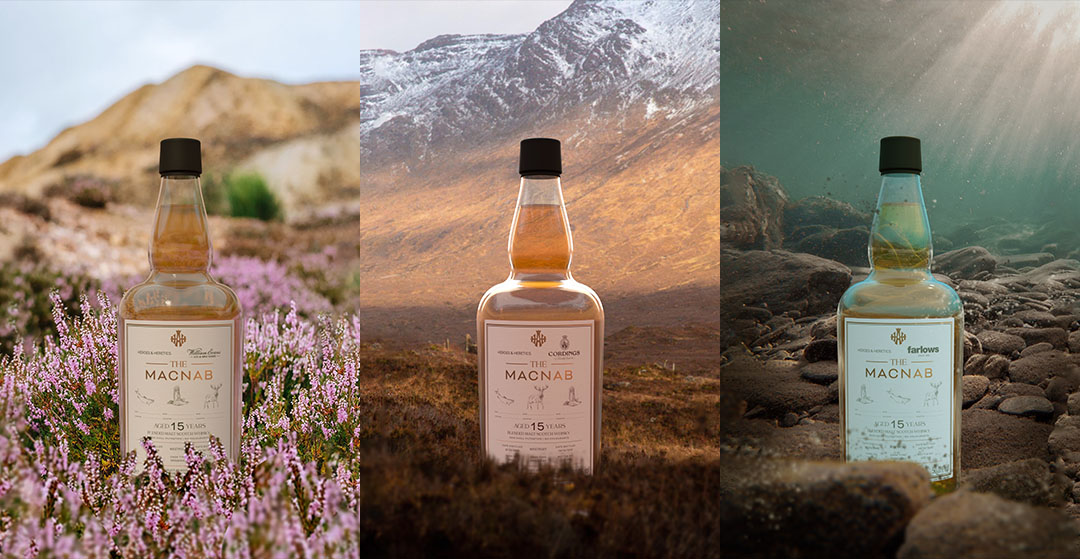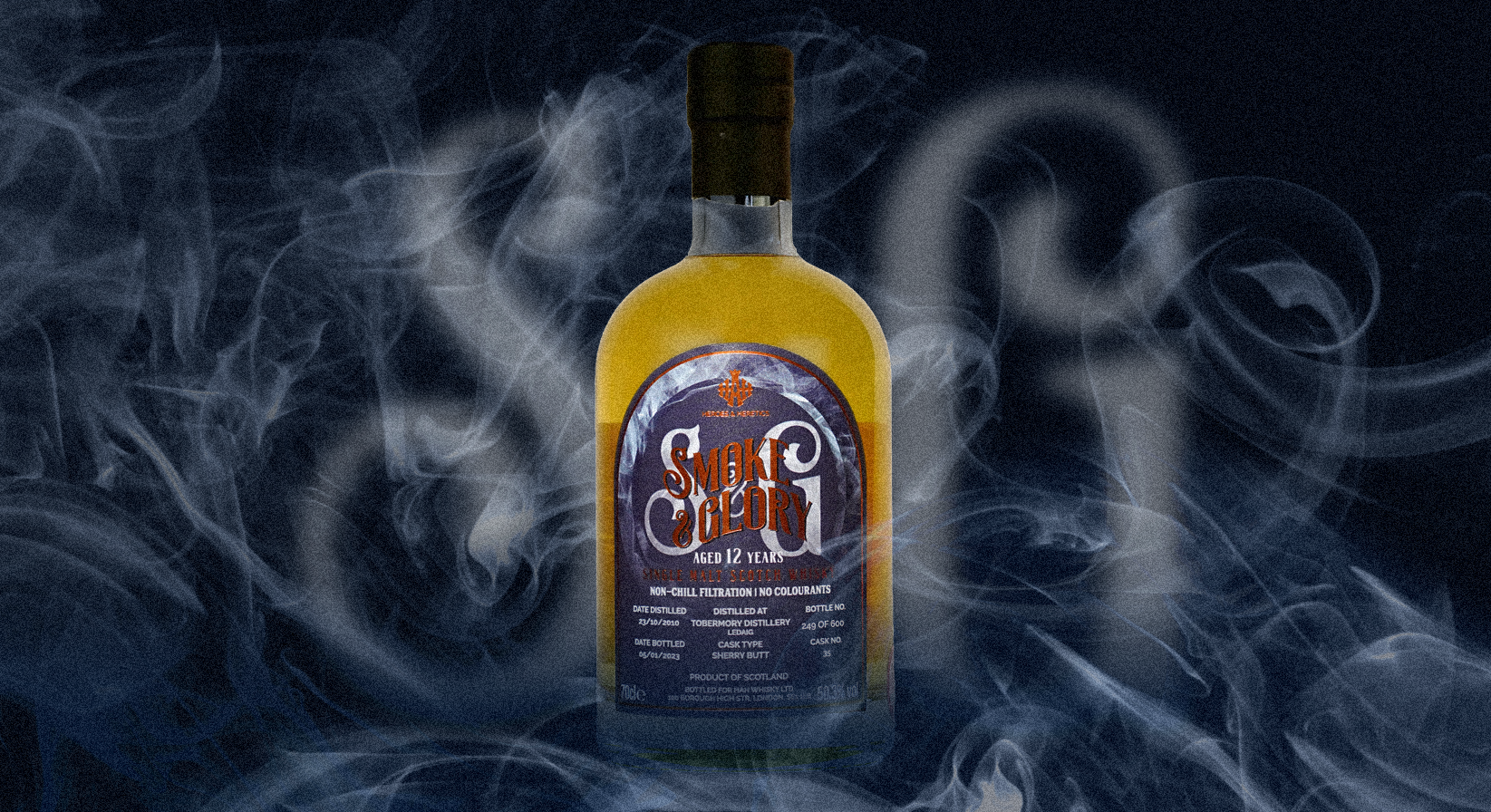It was with much murmuring that my first article for Heroes and Heretics was received. My first assumption was that the style in which I write had been poorly received, as perhaps it should have been, and it was only after some probing questions were asked about what type of whisky I would normally drink did I realise that I had made what many consider to be a cardinal error. Whisky with an ‘e’ had been in my mind the correct spelling for so long that whisky without seemed a poor substitute, lacking in both length and style; whisky as I spell it now was short, an almost slang word.
I was promptly told which spelling I was to use going forward and left to educate myself, as I am sure some of my readers are doing now, on the actual differences between Whisky and Whiskey.
To fully investigate this phenomenon and to hit my mandated word count it is best if we start at the very beginning, and coincidently with one of my own passions: etymology. Both whisky and whiskey trace their origins to the same Classical Gaelic word, ‘uisce’, meaning water, and shares the same origins as the Anglo-Germanic ‘water’ and the Slavic word ‘voda’ (no points for guessing what they call their distilled spirit). All of these are ultimately derived from the mother language, Latin, in which distilled spirits were referred to as ‘aqua vitae’, the water of life. When translated into Classical Gaelic this became ‘uisce beatha’, and it is clear that only a few drams would be required before the second word was dropped and the modern word began to form in the mouth of the speaker.
Its English current form can be tracked in writing from as early as the 1580’s, where it is written either as the Latin, or an anglicised version of the Gaelic root word, slowly changing as language does until we arrive at whisky, with or without the ‘e’, sometime in the mid 1700’s. Indeed, until as late as the mid 20th Century the two spellings were interchangeable, especially outside of the United Kingdom.
In their current form there are a few arguments that purport to set a definitive rule on the injection or exclusion of the ‘e’, but in my mind there is only one really convincing argument, and that is that whiskey refers to Irish and whisky refers to Scottish. ‘There we are’, I can here you say, ‘looks like we finally got to the bottom of it’. If only this were the case. Sadly there is a complication. Much like all the sports we exported around the world to the delight of the multitudes, we neglected to think on what might happen if they took them up with the same gusto that we do. Whisky is now not only enjoyed but also produced, often to a quality that astounds the experts, across the globe.
The Japanese have famously come out in their typical fashion of attention to detail in the extreme, producing whisky (spelt without the ‘e’) that often demands some of the highest prices on the market, and justifiably so. The Indian sub-continent has had its own whisky distilleries since the 1800’s and shows a great passion for its production and consumption; they also spell without the ‘e’. The trend so far would suggest that it is purely one of the delightful curiosities of Ireland that continue the usage of whiskey with an ‘e’, but of course someone had to ruin it. Enter the Americans.
Anyone who has had the unfortunate experience of encountering an American on St. Patrick’s Day will know full well that they place great importance on their tenuous links to ‘the old country’. It is because their great grandmothers third cousin twice removed had a dog who used to get a bone from a butcher who’s wife had a friend in Wexford that they often spell their distilled spirits as whiskey. Of course I exaggerate ever so slightly. The Irish diaspora in North America is vast and often genuine, and it is the descendants of those original settlers who turned home spun stills into profitable enterprises now known around the world. It is common to see whiskey used to refer to those spirits distilled inside the USA, and whisky for those imported (although confusingly the language used in law regarding spirits in the States exclusively uses the spelling whisky).
The conclusion I have come to is that the easiest way to not make any mistakes is to read the bottle. If it is Irish (or claims to once have been) they will proudly use whiskey. If it is Scottish or influenced by Scottish methods and persons, it will be whisky. When referring to the drink in general, as I often am required to do, I personally use whisky. Perhaps in an age where we try and show total equality and recognition to all we should find a geographically neutral term? Distilled Alcoholic Beverage Produced From Fermented Grain Mash doesn’t quite roll off the tongue, and while no one could reproach you for inaccuracy when using this term, they may find you incredibly, pedantically dull.
By William Prior



You must be logged in to post a comment.